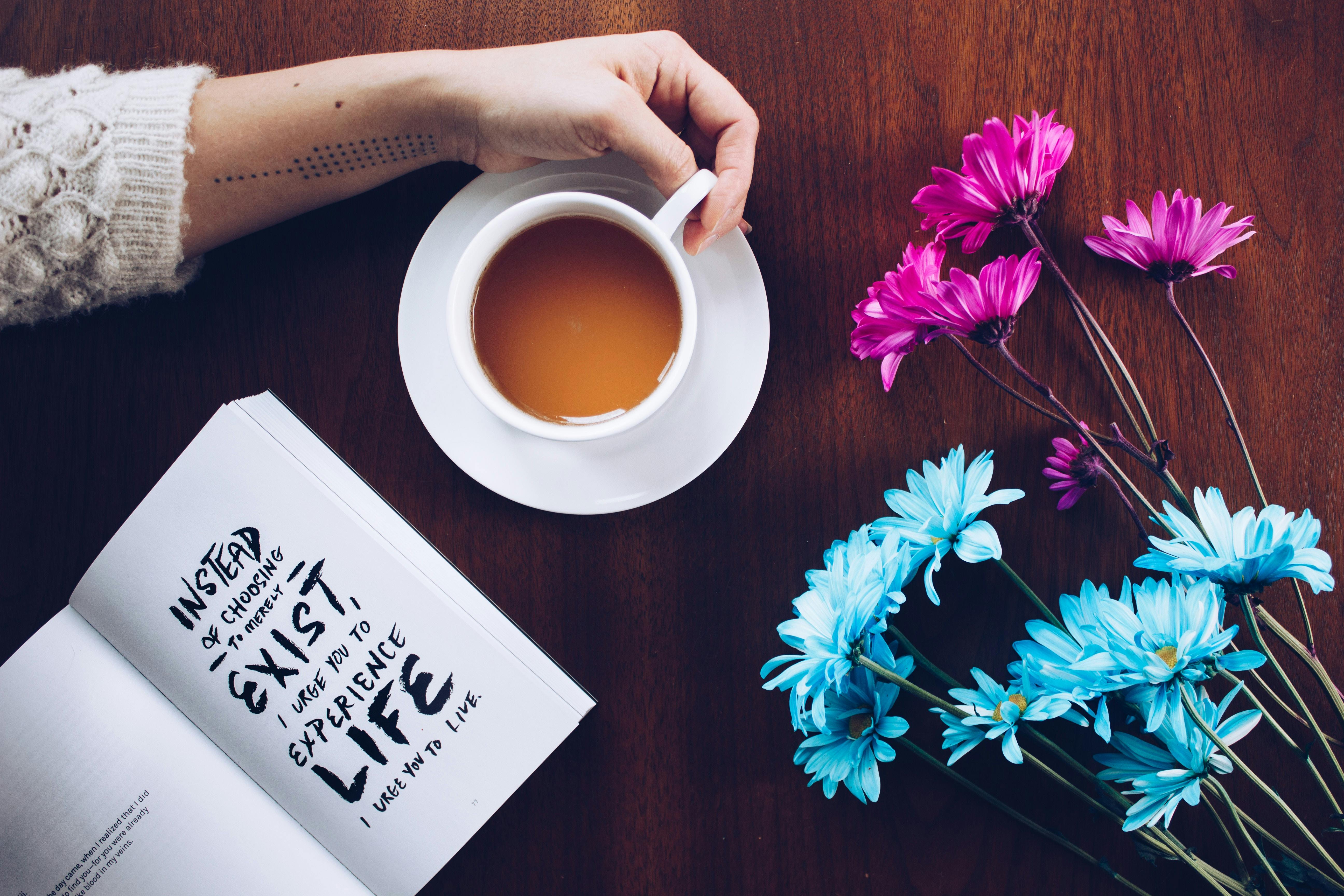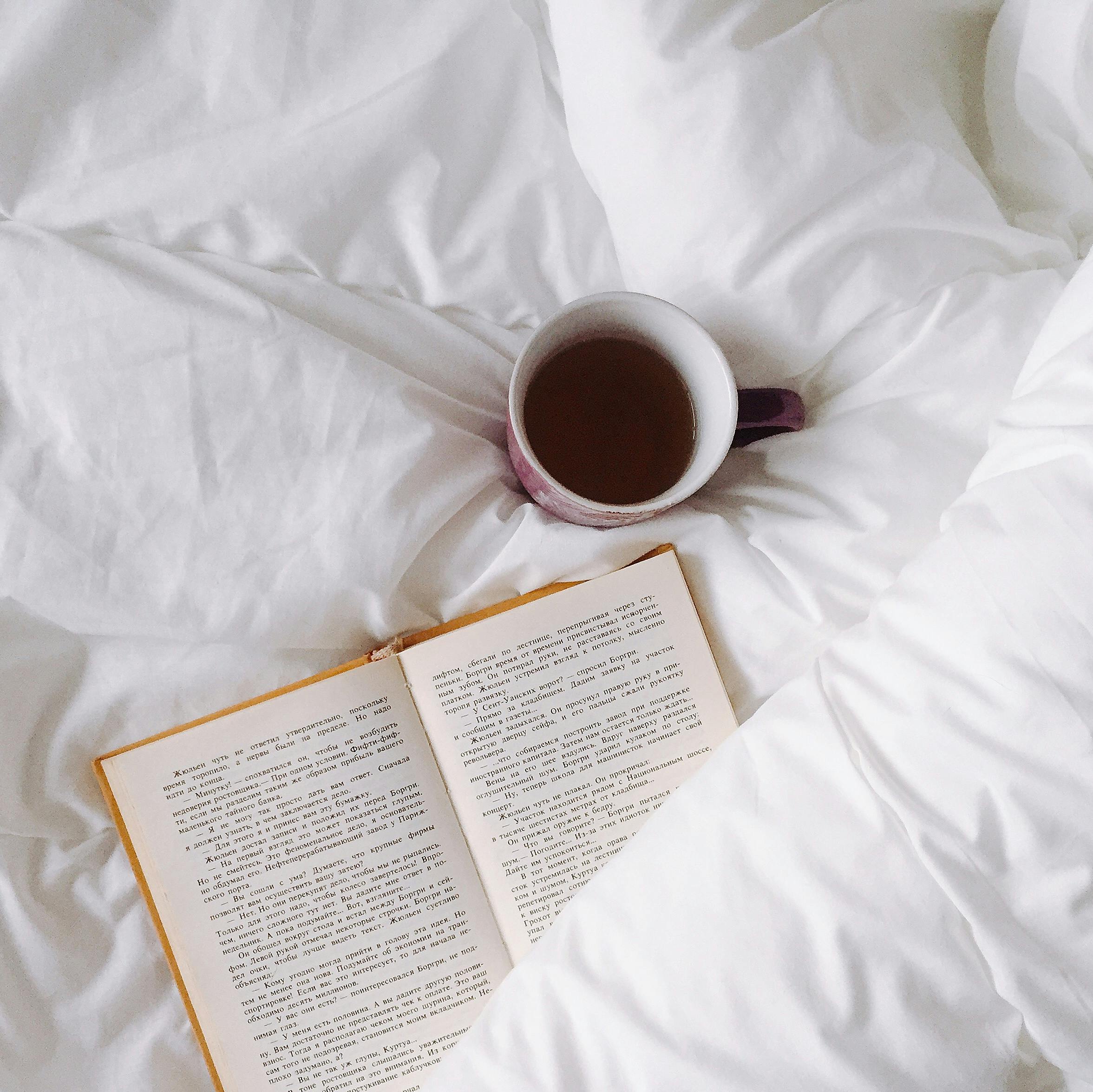Do oolong tea have caffeine? This is a question that many tea drinkers have asked over the years. Oolong tea is a traditional Chinese tea that has been prized for its unique flavor and health benefits, but it also contains caffeine. In this article, we will discuss the caffeine content of oolong tea and how it differs from other teas. We will also look at some of the potential health benefits of drinking oolong tea and how to brew the perfect cup.Oolong tea is a traditional Chinese tea made from the leaves of the Camellia sinensis plant. It is partially oxidized, giving it a flavor that lies somewhere between green and black teas. Oolong tea can range in color from green to dark brown depending on how it was processed and how long it was oxidized. It also has a wide range of flavors, ranging from sweet and fruity to woody and roasted. Oolong tea is known for its health benefits, such as aiding digestion, improving skin health, reducing stress levels, and increasing metabolism. It also contains caffeine and antioxidants which can help improve overall health.
Health Benefits of Oolong Tea
Oolong tea is a traditional Chinese tea made from the leaves of the Camellia sinensis plant. It has a complex flavor profile that is both sweet and fruity, and it has many health benefits. Oolong tea is rich in antioxidants and polyphenols, which help to reduce inflammation, improve heart health, and promote weight loss. It can also help to boost metabolism, reduce stress levels, and improve cognitive function.
Studies have shown that regular consumption of oolong tea can help to reduce the risk of diabetes and hypertension, as well as helping to protect against cancer. Additionally, it can help to improve digestion and boost immunity. Oolong tea has also been found to be beneficial for skin health, as it can help to reduce wrinkles and improve elasticity.
In addition to its many health benefits, oolong tea is also known for its various medicinal properties. It can be used as a natural remedy for headaches, colds, flu symptoms, and digestive problems. The anti-inflammatory properties of oolong tea make it an effective remedy for arthritis pain relief. Furthermore, studies have shown that oolong tea can help protect against bacterial infections such as E. coli and Staphylococcus aureus.
Overall, oolong tea is an excellent addition to any diet due to its multiple health benefits. Not only does it provide numerous health benefits but also offers an enjoyable cup of tea with a unique flavor profile that is sure to please any palate. So if you are looking for a delicious drink with multiple health benefits then look no further than oolong tea!
Does Oolong Tea Have Caffeine?
Oolong tea does contain caffeine, although the exact amount depends on how the tea is made. Typically, oolong teas contain anywhere from 10 to 60 milligrams of caffeine per 8-ounce cup, with the average being around 30 milligrams. This makes oolong tea slightly less caffeinated than green tea, which usually contains 25 to 40 milligrams per cup. However, it is still significantly more caffeinated than herbal teas, which generally contain no caffeine.
The amount of caffeine in oolong tea can vary quite a bit depending on a few factors. The type of oolong tea being used and how it was processed will both affect the caffeine content of the final product. For example, some types of oolong are oxidized for longer periods of time during processing, resulting in a higher caffeine content. Additionally, steeping time will also affect how much caffeine is extracted from the leaves; longer steeps will result in more caffeine being released into the cup.
Overall, if you’re looking for a caffeinated beverage but don’t want something as strong as coffee or black tea, then oolong may be a good option for you. It contains significantly less caffeine than many other caffeinated beverages and still provides a unique flavor profile that can be enjoyed by all types of tea drinkers.
Caffeine Content in Oolong Tea
Oolong tea is a type of tea that has a unique flavor profile. It is made from the leaves of Camellia sinensis, the same plant used to make green and black teas. Oolong tea is known for its mild, nutty flavor and its many health benefits. It is also known for its moderate caffeine content.
The amount of caffeine in oolong tea can vary depending on the type of oolong and how it is brewed. Generally, oolong teas contain anywhere from 12-55 milligrams of caffeine per 8-ounce cup. This makes oolong tea a good choice for those who don’t want too much caffeine but still want some energy boost from their beverage.
The caffeine content in oolong tea also depends on how it is brewed. Brewing time affects the amount of caffeine released into the drink; longer brewing times tend to release more caffeine into the drink than shorter brewing times. Additionally, the temperature at which you brew your tea can also affect how much caffeine is released into your cup, with hotter temperatures typically releasing more caffeine than cooler temperatures.
Overall, oolong teas are great options for those looking for a moderate amount of caffeinated beverage without having to worry about drinking too much caffeine in one sitting. With their mild flavor profile and various health benefits, oolongs are great choices whether you’re looking for an afternoon pick-me-up or just something to sip on throughout the day.
How Much Caffeine Is in Oolong Tea?
Oolong tea is a type of tea made from the leaves of the Camellia sinensis plant, the same plant used to make green and black teas. Oolong tea contains caffeine, but not as much as black tea or coffee. The amount of caffeine in oolong tea varies depending on how it is processed and brewed. Generally, oolong tea contains between 12 and 55 mg of caffeine per 8-ounce cup. This is significantly less than the 95 to 200 mg of caffeine found in an 8-ounce cup of coffee.
The amount of caffeine in oolong tea also depends on how it is brewed. For example, if you steep oolong for a longer period of time, more caffeine will be released into your cup. Similarly, if you use hotter water or a larger amount of leaves when brewing your oolong, you’ll end up with more caffeine. It’s important to note that decaffeinated oolong teas are available if you’re looking for an energy boost with less caffeine content than regular oolong teas.
Overall, because the amount of caffeine in oolong tea varies depending on how it is processed and brewed, it’s difficult to give an exact range for the amount of caffeine found in this type of tea. However, generally speaking, an 8-ounce cup of regular oolong should contain less than 55 mg of caffeine per cup compared to 95-200 mg found in an 8-ounce cup of coffee.

Comparison of Caffeine Content in Different Types of Teas
Tea is one of the most popular beverages in the world, and it comes in many different varieties. Each type of tea has unique properties, including caffeine content. Knowing the difference between types of tea and their caffeine levels can help you make an informed choice when selecting a tea to enjoy.
Black tea is one of the most popular types of tea and generally contains higher levels of caffeine than other teas. Depending on the type, black tea can contain anywhere from 30-110 mg per 8-ounce cup. Green tea also has a fairly high caffeine content, ranging from 25-50 mg per cup. White teas are lighter and contain less caffeine than either black or green teas, usually only containing 10-25 mg per 8-ounce cup.
Herbal teas are not actually considered true teas since they do not come from the Camellia sinensis plant like black and green teas do. Herbal teas such as chamomile, peppermint, rooibos, and ginger are considered tisanes and are naturally caffeine free. However, some herbal blends may contain added ingredients derived from true tea plants that do contain caffeine.
Knowing the differences between different types of teas can help you make an informed decision when selecting a beverage to enjoy. Black and green teas have higher levels of caffeine than white and herbal teas while herbal blends may have varying amounts depending on their ingredients.
Positive Effects of Drinking Oolong Tea with Caffeine
Oolong tea has been popularly consumed for many years due to its health benefits and pleasing taste. Apart from being rich in antioxidants, oolong tea contains caffeine which has a range of positive effects on the body. Some of the positive effects of drinking oolong tea with caffeine include improved mental alertness, increased energy levels, improved physical performance and enhanced focus.
The caffeine in oolong tea helps to stimulate the brain, making it more alert and active. This can lead to improved concentration and focus as well as better memory recall. Caffeine also helps to increase energy levels so that you can stay energized for longer periods of time. This is beneficial if you’re involved in physical activities such as running or weightlifting, as it can help improve your performance.
Oolong tea with caffeine also helps to suppress appetite which can be beneficial if you’re trying to lose weight. It does this by increasing levels of two hormones – norepinephrine and epinephrine – which are involved in regulating hunger levels. Additionally, it can also help boost metabolism which can lead to more efficient fat burning.
Overall, drinking oolong tea with caffeine has a range of positive effects on the body such as increased mental alertness, energy level, physical performance and appetite suppression. As such, it is a great way to enjoy the health benefits associated with oolong tea while still getting an extra boost from the caffeine it contains.
Alternatives to Oolong Tea with Lower Levels of Caffeine
If you’re looking for alternatives to oolong tea with lower levels of caffeine, there are a number of options available. Herbal teas are naturally caffeine-free and offer a wide range of flavors and health benefits. Rooibos tea is made from the leaves of the South African redbush plant and is naturally caffeine-free. It has a sweet, earthy flavor that some say tastes similar to oolong tea. Chai tea is also naturally caffeine-free, but many commercially prepared versions contain added caffeine, so it’s important to read the label carefully. Other herbal teas such as peppermint, chamomile, ginger, and hibiscus can also be enjoyed without worrying about the effects of caffeine. Additionally, decaffeinated versions of green and black teas are available if you’re looking for something closer to oolong in flavor but with less caffeine.
No matter which option you choose, it’s important to note that all teas contain some level of antioxidants and other beneficial compounds. So even if you’re avoiding caffeinated beverages like oolong tea, you can still enjoy the health benefits associated with drinking tea.

Conclusion
In conclusion, oolong tea does contain caffeine. However, it contains much less caffeine than some other teas. Depending on how it is processed and brewed, oolong tea can contain anywhere from 8–55 milligrams of caffeine per 8-ounce cup. If you’re looking for a way to enjoy the benefits of tea without the effects of caffeine, decaffeinated oolong is an excellent choice. In addition to its low caffeine content, oolong tea also has many potential health benefits due to its high antioxidant content and ability to promote weight loss.
Ultimately, choosing to drink oolong tea is a personal decision that depends on your individual needs and preferences. If you’re trying to reduce your caffeine intake or are looking for an alternative way to get antioxidants into your diet, oolong may be a great choice for you.
